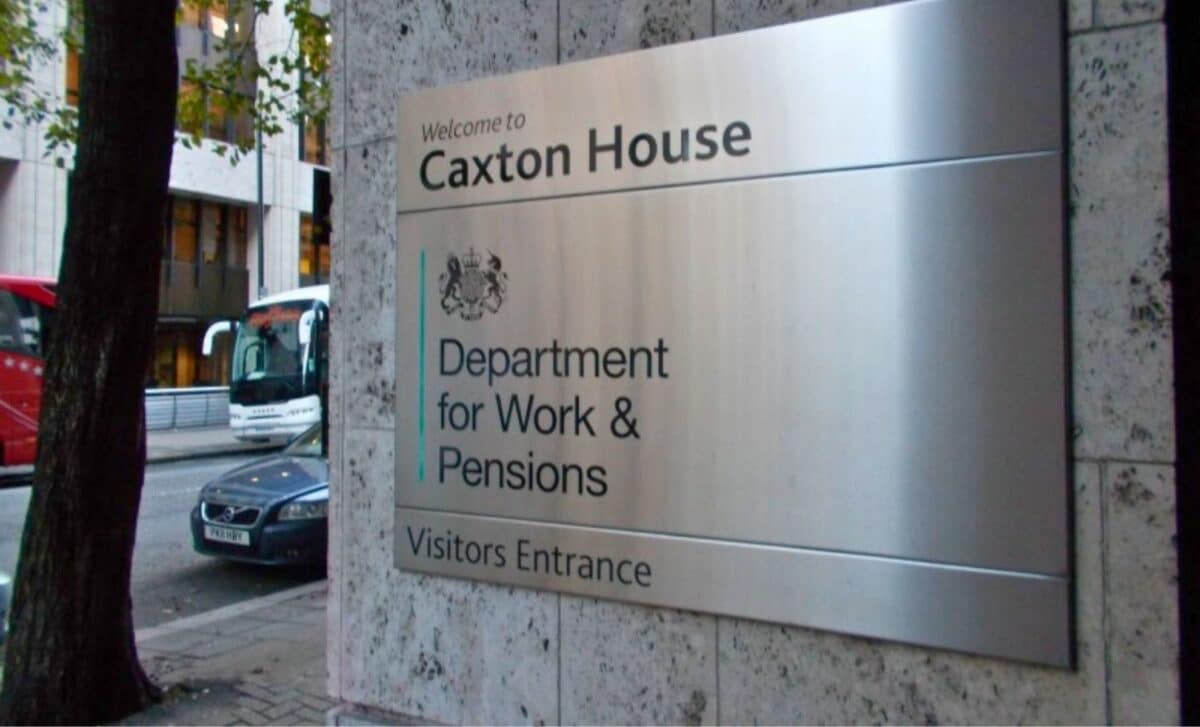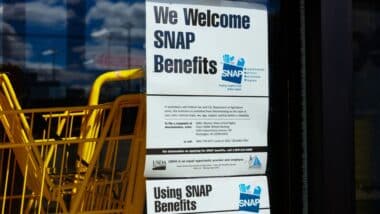The new Minister for Social Security and Disabilities at the Department for Work and Pensions (DWP) has suggested an update on the efforts to implement significant changes to Personal Independence Payment (PIP).
DWP Weighs Major Changes to PIP Benefits
According to the Daily Record, more than 16,000 individuals have shared their views on the proposed changes to PIP.
In the context of the ‘Modernising support for independent living: the health and disability green paper’ consultation, Sir Stephen Timms MP has confirmed that the DWP is currently reviewing the great number of responses, while also “considering our own approach to social security in due course”.
The Labour MP Cat Smith’s inquiry on when to expect the DWP to release its consultation response sparked this news; the consultation ended on July 22. Prior to the consultation, the Tory administration revealed April proposals aimed at reducing the welfare expenditure by a whopping £12 billion per year, including developing other forms of aid for PIP claimants beyond the customary cash payments of up to £737.20 every four weeks.
Among the proposed changes is the possibility of replacing the traditional four-weekly PIP cash handouts with a variety of alternatives, such as vouchers, lump-sum grants, systems based on real receipts, or the option of purchasing assistive equipment from a catalogue.
In his statement on Monday, Sir Stephen stated: “The consultation on the Modernising Support Green Paper closed on Monday, 22 July. Over 16,000 responses have been received and we will review these responses.”
He also clarified the Government’s position on social security measures in the future: “The proposals in this Green Paper were developed by the previous government. We will be considering our own approach to social security in due course.”
With the start of parliament’s summer holiday recess on July, 30 discussions are suspended until September 2, keeping over 3.5 million PIP claimants uncertain about the changes that could affect their benefits.
Charities Warn New PIP Changes Could Harm Disabled People
Charities and other organisations have voiced their opposition to the proposed PIP changes, anticipating a wave of adverse response from the recent consultation that the new Labour government may face.
The potential alternative approaches include:
- Catalogue/ shop scheme: this scheme includes an approved list from which people with disabilities could pick free items.
- Voucher scheme: this scheme offers disabled people vouchers that can help with specific costs.
- A receipt-based system: in this scheme, claimants can purchase aids, appliances, or services themselves, and then provide proof of their purchase to claim a reimbursement.
- One-off grants: these could help with specific, significant costs, such as for home adaptations or costly equipment.
Following the recent policy proposals, several charities and organisations have called on the Labour government to discard the current plans, cautioning that they could “condemn seriously ill and disabled people to a life of poverty and the threat of sanctions”.
Z2K’s Chief Executive Anela Anwar, who initiated the letter campaign, stated: “The plans to restrict vital income and remove protections for those of us who become seriously ill or disabled in the future are misguided and dangerous.”
She was relieved that the previous administration did not put the plans into action before the election, but remains worried: “It was a relief that the previous government ran out of time before the election to implement the plans and we were hopeful that a new government would not take them forward. But we have heard nothing to date that has put our minds at ease.”
In a further statement, Anwar declared: “We urge the new Secretary of State to put scrapping the plans at the top of her to-do list. Instead of introducing ever tougher cuts and sanctions, the new government must look to remove the barriers to economic activity that are built into the social security system, through addressing the inadequacy and risk that currently characterise it. Seriously ill and disabled people should have the security we all need—the job starts now to make this a reality.”









